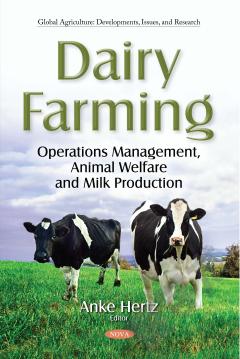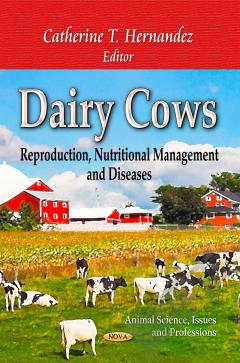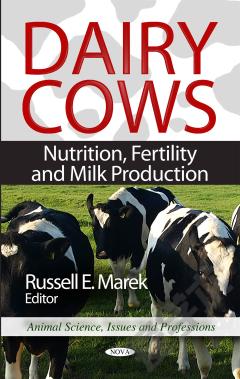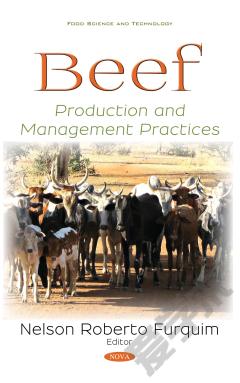Dairy Farming: Operations Management, Animal Welfare and Milk Production
According to the European legislation (Regulation EC No 853/2004), the food business operators collecting raw milk intended for the production of milk and dairy products must ensure compliance with certain health requirements for the animals. The animals must not show any symptoms of infectious diseases transmittable to humans, or signs of diseases of the udder or the genital tract that could contaminate milk. Furthermore, they must belong to a holding free or officially free of tuberculosis and brucellosis, and no unauthorized substances or authorized drugs must have been administered without respect to the withdrawal period. Dairy Farming: Operations Management, Animal Welfare and Milk Production presents a study with the goal of evaluating the compliance with the mentioned criteria in milk samples collected from 100 different dairy farms located in Central Italy. Additionally, under European milk quotas, dairy farms in Europe were limited in the amount of milk they could produce. While quotas were gradually increased over the past four decades, European milking quotas were completely abolished in April 2015 to help meet an expected 20% increase in the global consumption of milk and dairy products by 2050. With this, European dairy farmers can freely expand milk production based upon expected milk prices controlled by open market supply and demand. The authors present a review focused on milk production forecasting models and data variation from a past and future perspective.
{{comment.content}}








 京公网安备 11010802027623号
京公网安备 11010802027623号